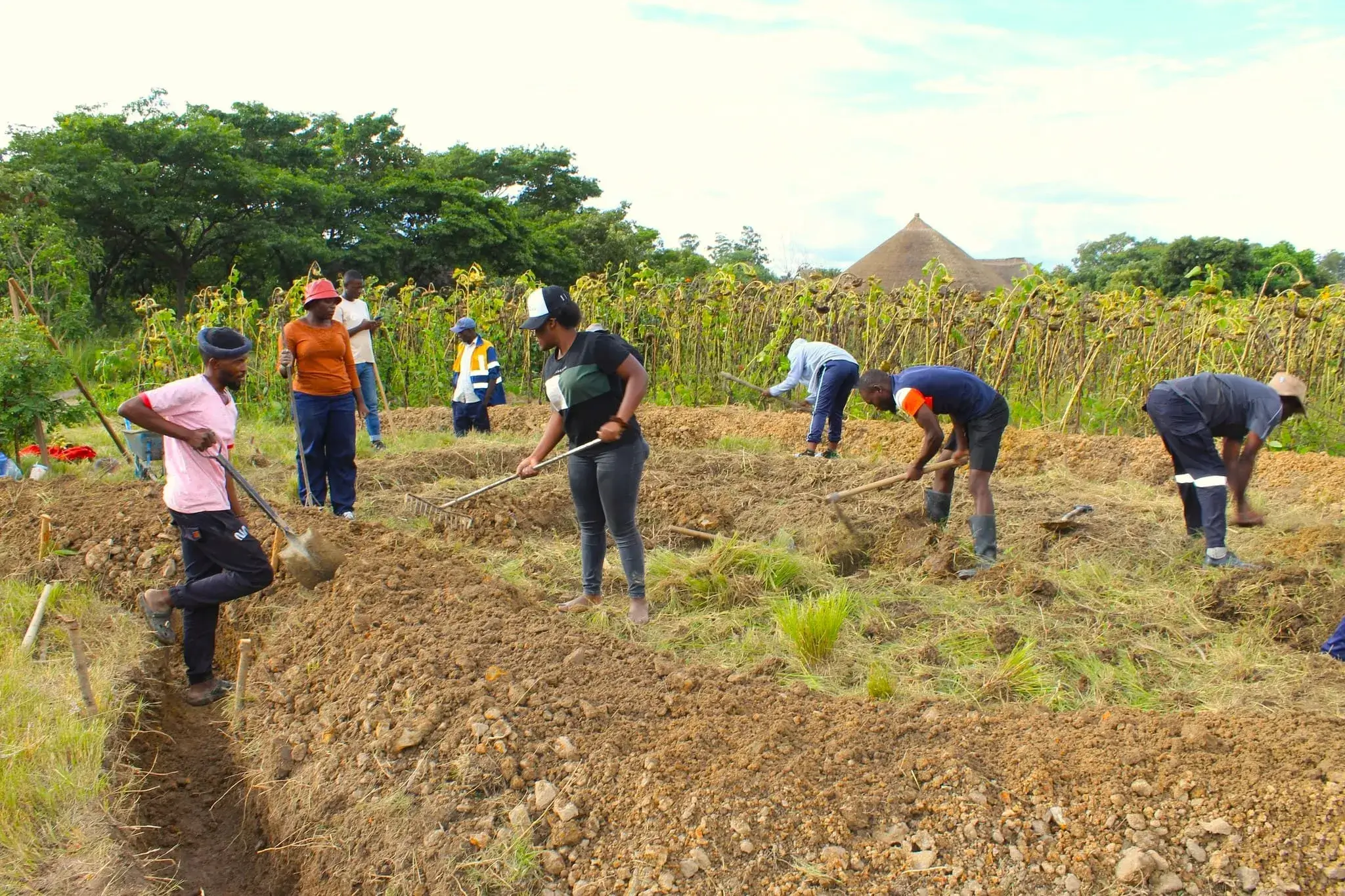
Integrated Land Use Design (ILUD)
Educators and school communities are trained in Integrated Land Use Design (ILUD) to transform their school environments into productive, sustainable learning spaces. Through ILUD, participants learn to map and plan their land use based on ecological principles, integrating food forests, water harvesting, and waste recycling. Trained educators are expected to apply ILUD in their schools and facilitate hands-on learning for learners and local communities.
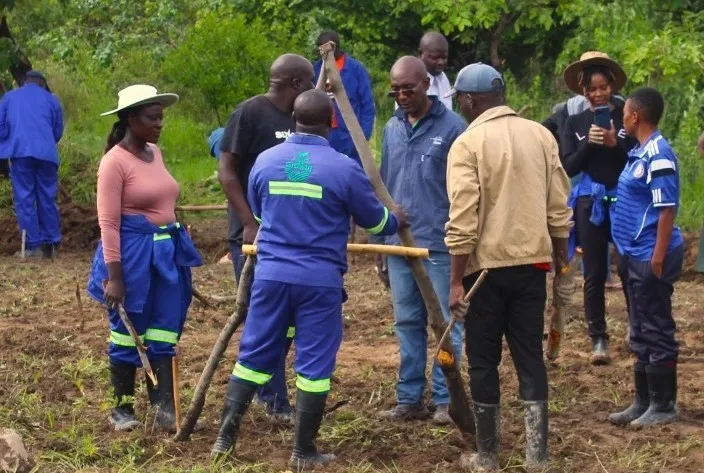
Permaculture Design Course (PDC)
Educators are trained in Permaculture Design Courses in order to improve the implementation of Permaculture in schools. The trained educators in turn, are expected to train learners in schools, educators and community members.
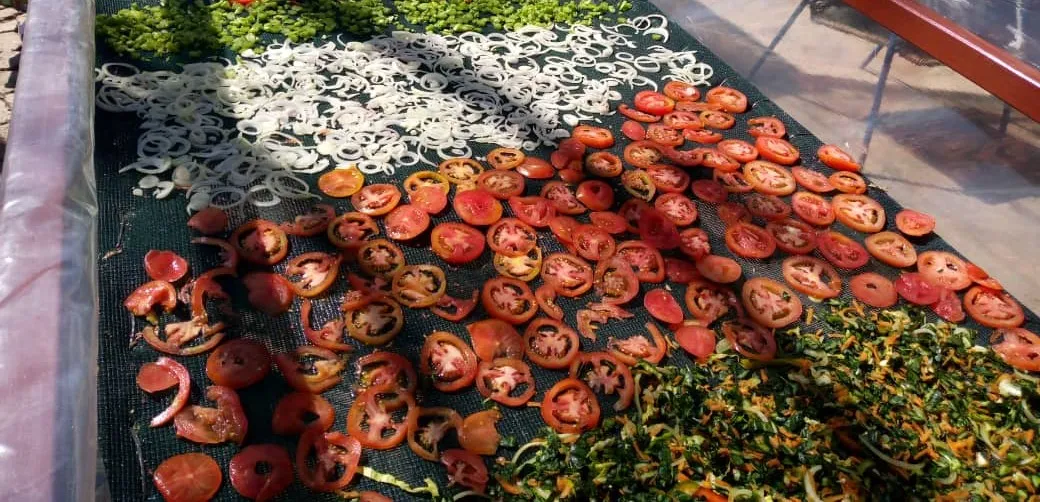
Food Processing & Preservation Workshop
This workshop aims at equipping participants with skills to ensure availability of food throughout the year and close the seasonal gap and fluctuations in availability of certain nutrients during different times of the year.
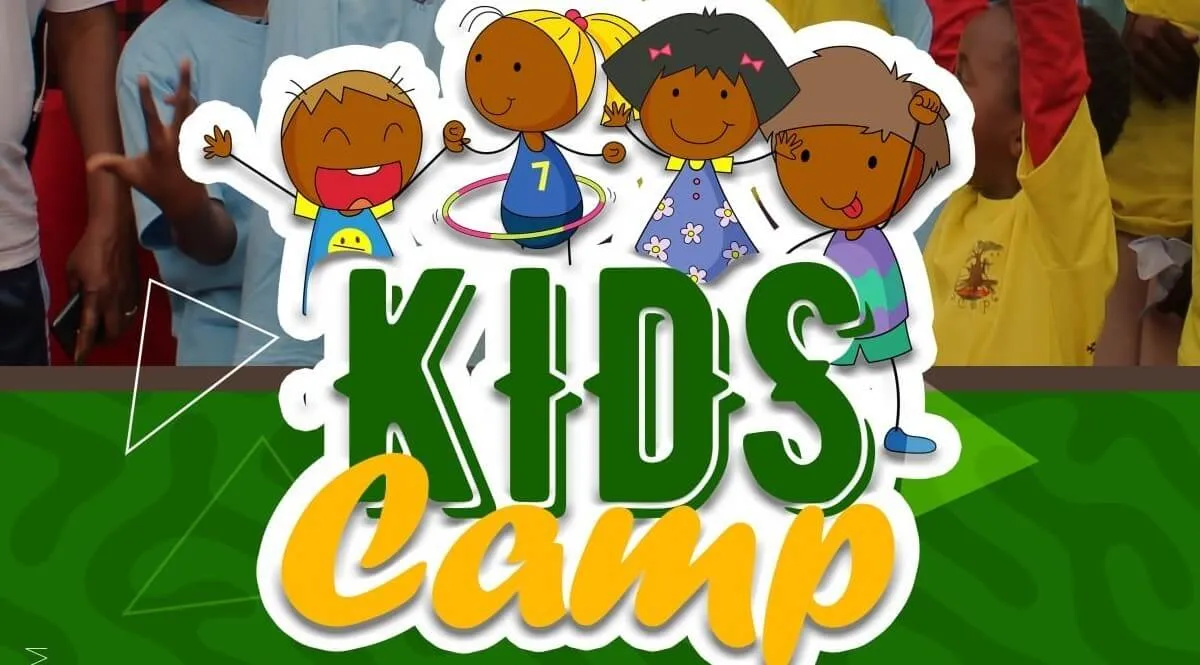
Youth Camp and Kids Camp
Each School holiday SCOPE Zimbabwe hosts groups of youths and kids for holiday camps. The holiday camps focus on teaching and enhancing permaculture and life skills knowledge
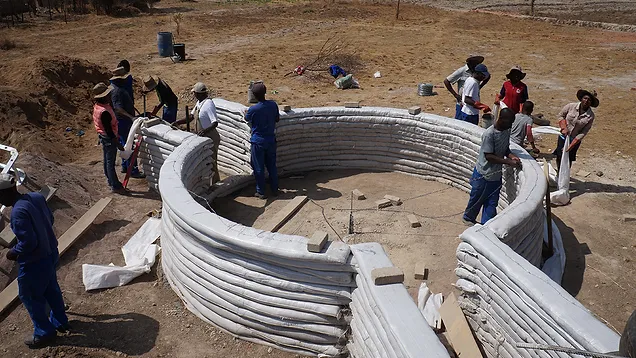
Earth Building Workshop
Earth Building workshops are held at Chitubu Demo Centre. The workshop offers training on innovative and unique methods of building structures using a wide variety of different materials such as tyres and sacks filled with sand.
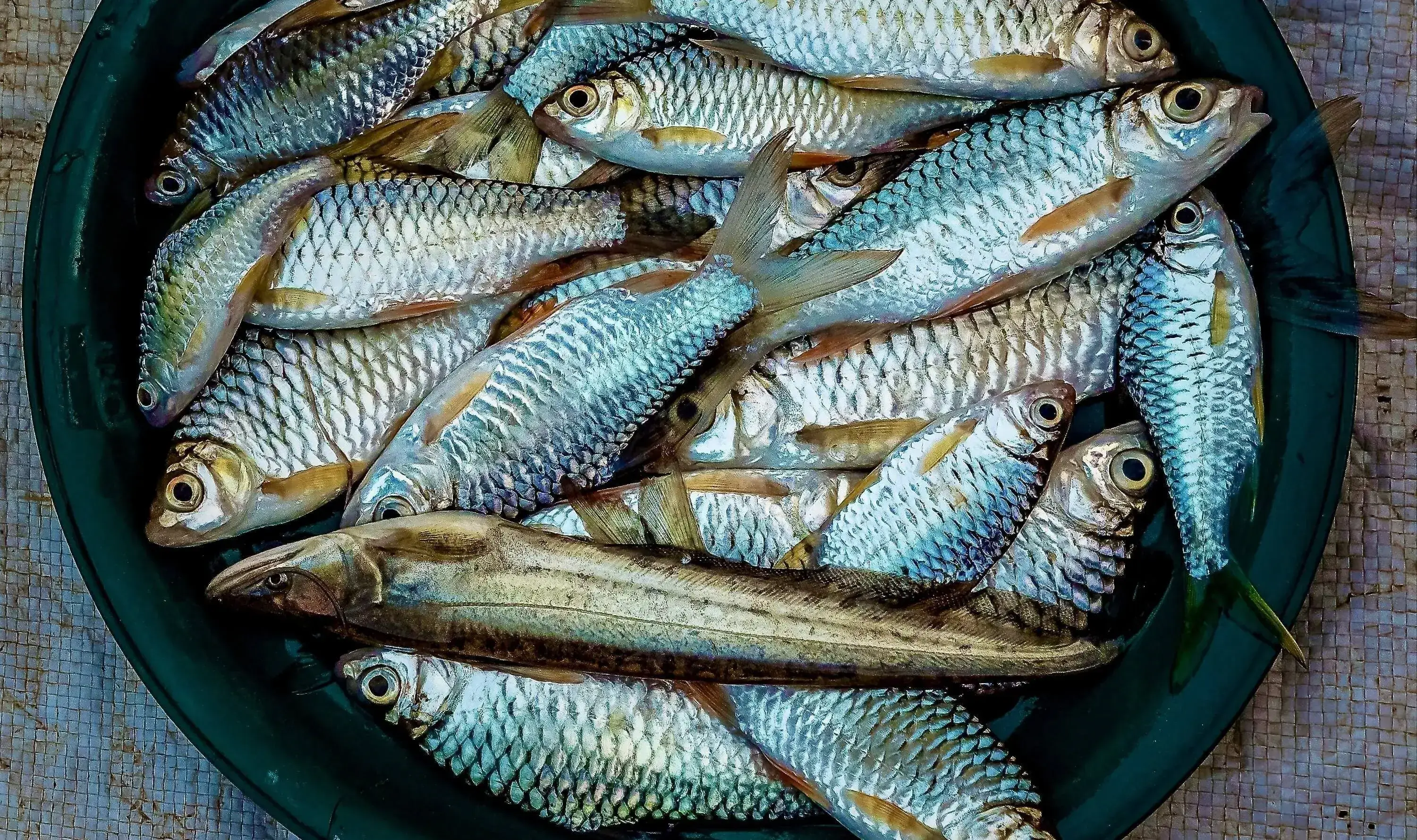
Fishery and Aquaculture Workshop
The Fishery and Aquaculture Workshop introduces participants to sustainable fish farming methods that can be integrated into school and community systems. Through hands-on training, participants learn fish pond construction, breeding techniques, water management, and feeding practices that promote ecological balance.
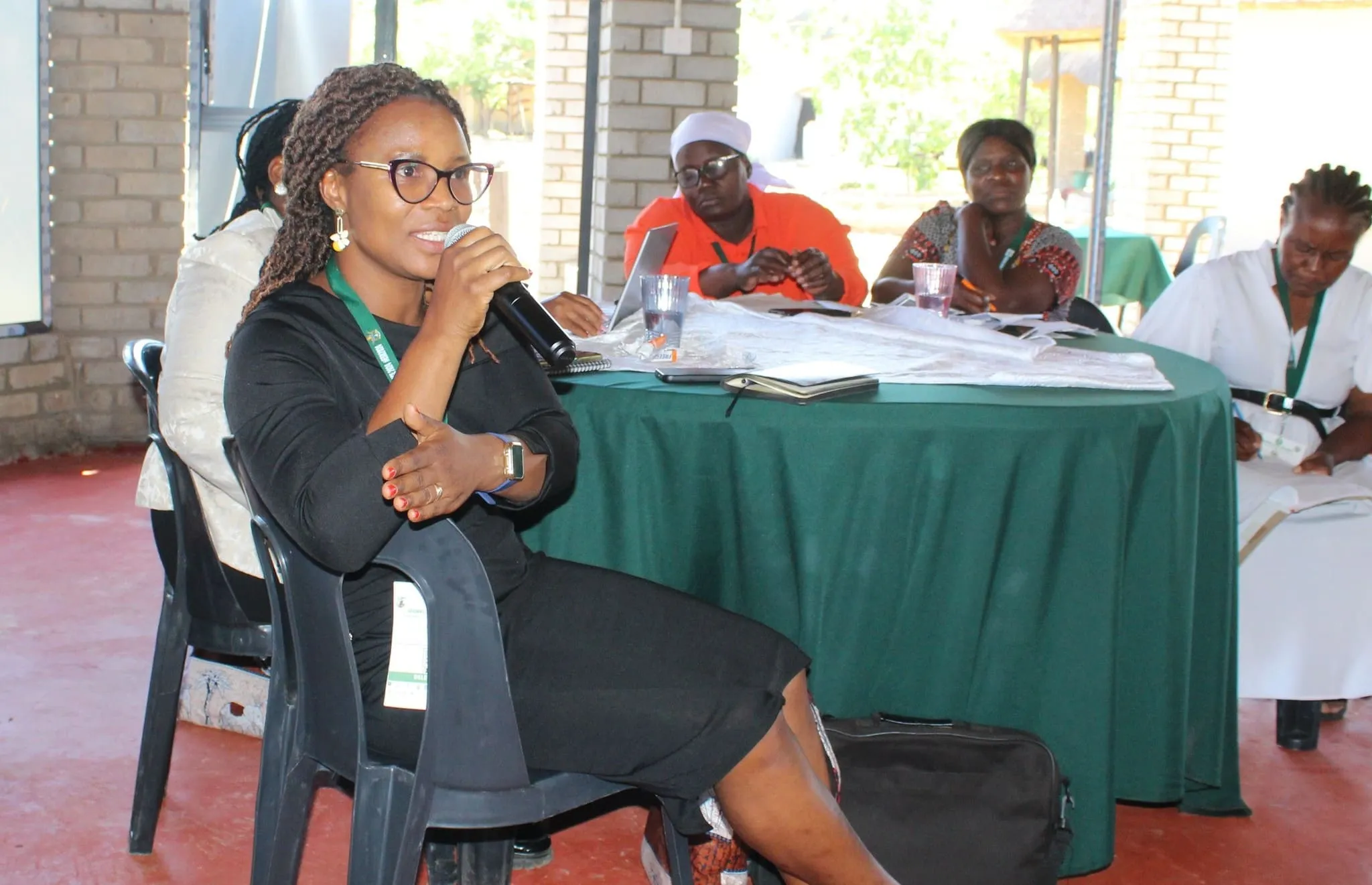
Participatory Action Research (PAR)
This workshop introduces participants to Participatory Action Research (PAR) methodologies, empowering communities to investigate, analyze, and act on the issues affecting them. Through PAR, participants learn how to collaboratively collect data, reflect, and implement solutions that drive positive change.
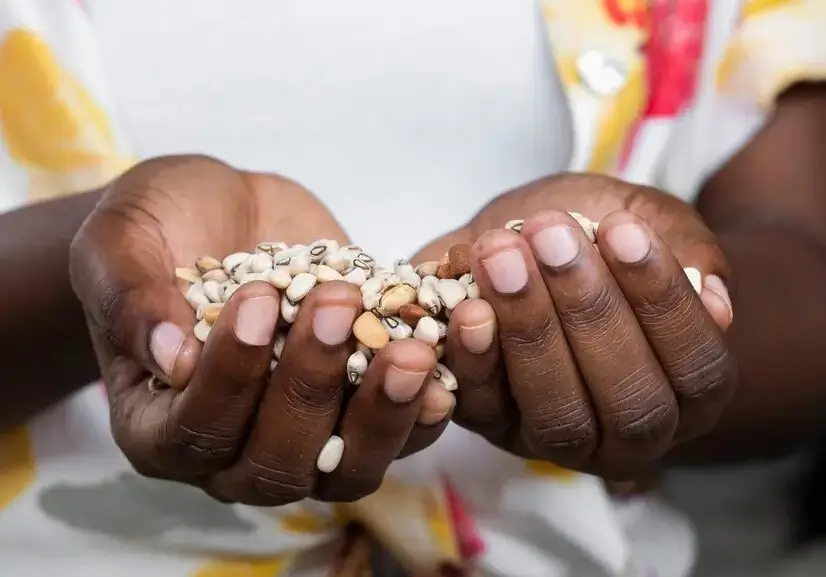
Seeds Serving and Multiplication
This workshop trains participants on sustainable seed saving techniques and community seed banking. Participants learn how to select, harvest, store, and multiply seeds, focusing on traditional and climate-resilient varieties. Through Participatory Variety Selection (PVS), farmers, educators, and communities engage directly in evaluating and choosing plant varieties best suited to their local conditions.
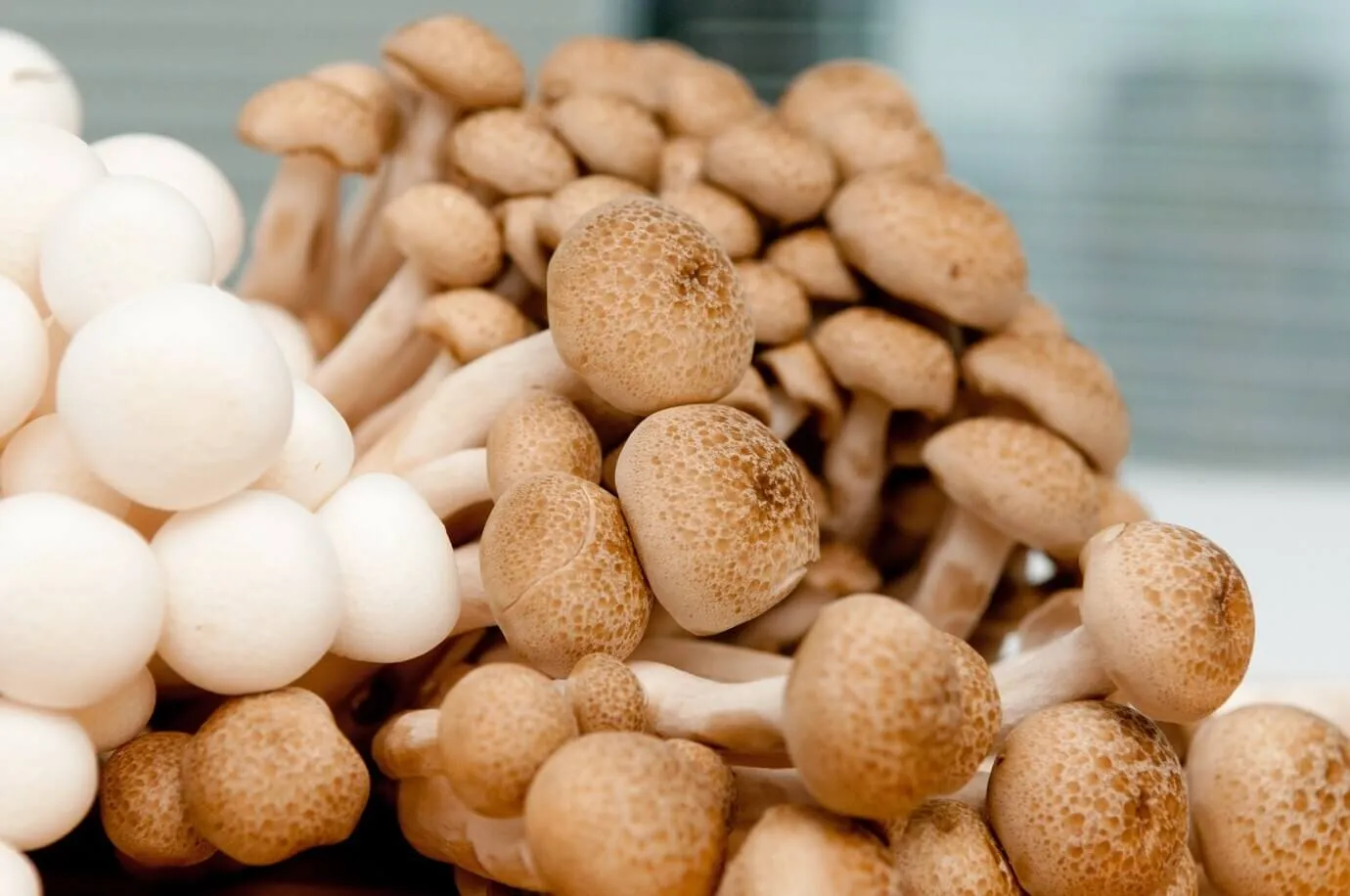
Mushroom Production
This hands-on workshop equips participants with the knowledge and skills to cultivate mushrooms as a sustainable food source. Participants learn about mushroom life cycles, substrate preparation, spawning, harvesting, and post-harvest handling.

ANAMED Natural Medicine
This workshop introduces participants to natural medicine practices through the ANAMED approach. They learn to grow medicinal plants, prepare herbal remedies, and promote community health using sustainable methods. Trained participants are expected to establish medicinal gardens and support natural healthcare initiatives in their schools and communities.

Holistic Health and Wellness
This workshop equips participants with practical skills to promote physical, mental, and emotional well-being. It covers natural nutrition, stress management, exercise, and sustainable self-care practices. Trained participants are encouraged to apply holistic health principles in their schools and communities to foster healthier lifestyles.

